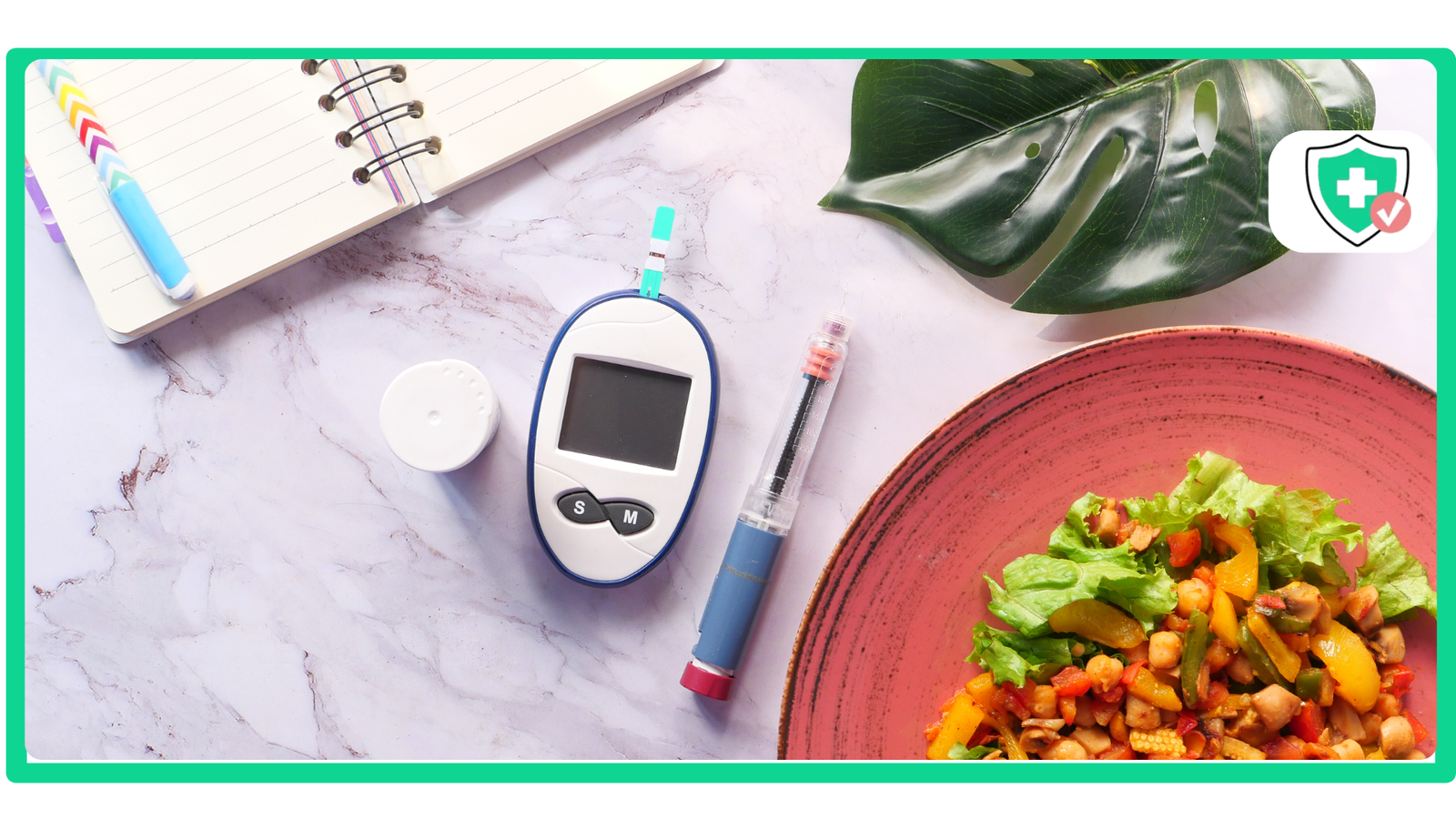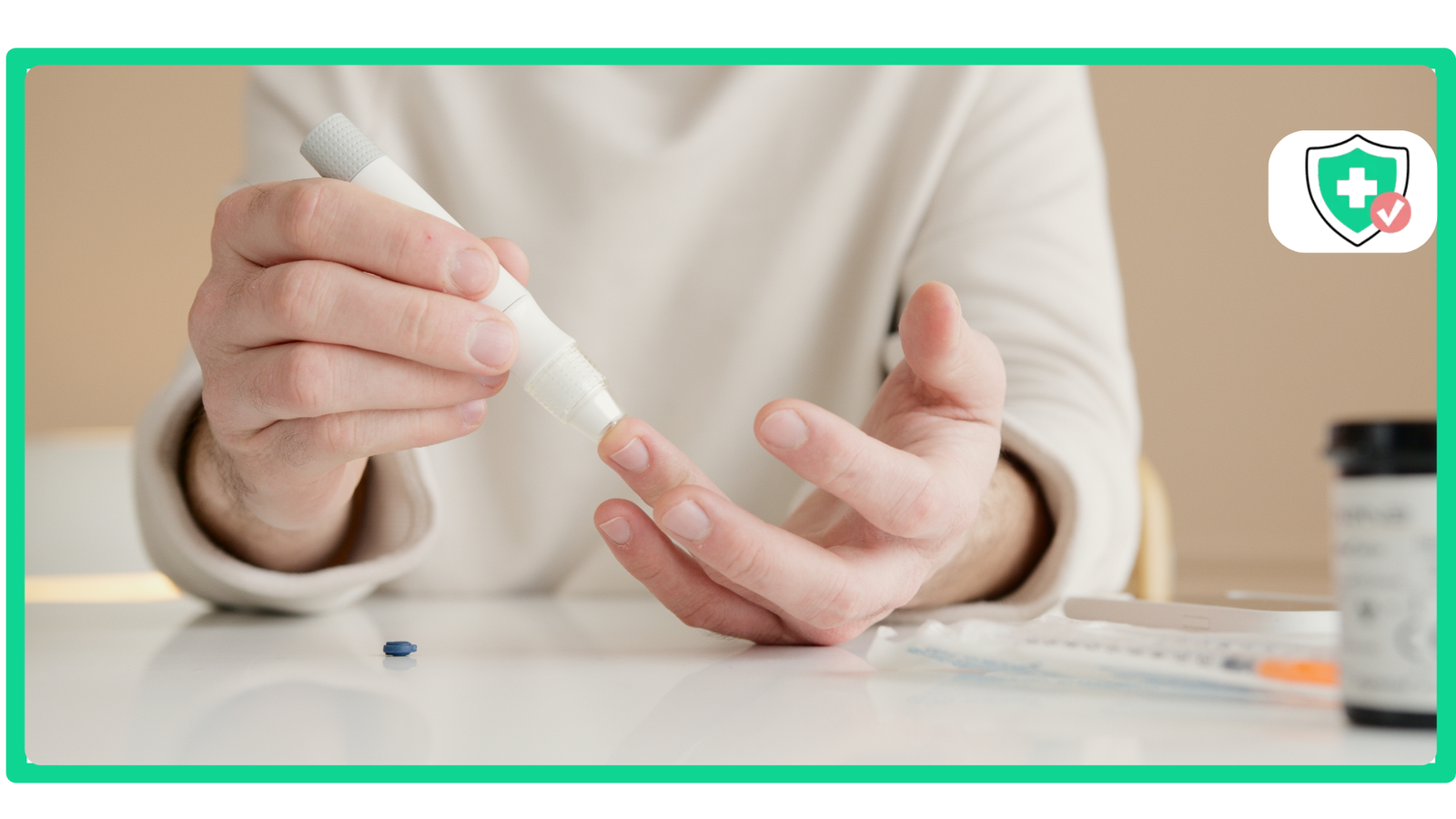Semaglutide is an amazing tool that is helping so many people on their weight loss journey. But as you’ve started taking it, you might have noticed something you didn’t expect. You might be feeling really, really tired. If you’re feeling drained and a bit sluggish, you are not alone. So, let’s get right to it and answer your big question: does semaglutide cause fatigue? The answer is a clear YES. Feeling tired is a very common side effect.
But the good news is that it is usually temporary, and there are simple things you can do to manage it. This article will explain the easy reasons why you might be feeling so tired and give you some practical tips to get your energy back.
The #1 Reason for Fatigue: You’re Eating Less
The main reason you feel tired is actually a sign that the medicine is working perfectly. It all comes down to a very simple idea: energy.
Think of the food you eat as fuel for your body, just like gasoline is fuel for a car. The calories in food are what give your body the energy it needs to walk, talk, and even think.
Semaglutide works by making you feel less hungry, so you naturally start to eat a lot less food. This means you are putting much less fuel, or fewer calories, into your body.
Imagine your body is a car that has always run on a full tank of gas. Suddenly, it has to learn how to run on just a quarter of a tank. Your body needs some time to figure out how to be more efficient with less fuel. That adjustment period is when you feel the most tired.
Feeling this way is a completely normal reaction. It is not a sign that you are weak or doing anything wrong. It’s just your body learning a new way to work.
Other Factors That Can Contribute to Tiredness
Besides eating less, a few other things can also make you feel tired when you’re taking semaglutide. Let’s look at what they are.
Changes in Your Diet
It’s not just about how much you eat, but also what you eat. When you’re eating less, it’s more important than ever to make sure your food is full of good stuff.
If you aren’t eating foods with lots of vitamins and minerals, your body might be missing out on what it needs to make energy. Things like iron and B vitamins are super important for keeping your energy levels up.
Dehydration
This is a big one that many people forget about. Semaglutide can make you feel less thirsty, just like it makes you feel less hungry. So, you might not be drinking enough water.
Even being just a little bit dehydrated can make you feel very tired and sluggish. Your body needs water to work properly, and when it doesn’t have enough, your energy levels can drop fast.
The Body’s Adaptation Process
Your body is going through a lot of big changes right now. It is learning to work with a new medication and is starting to burn more fat for fuel.
All of these changes are great for your health, but they also use up a lot of energy behind the scenes. This is another reason that directly contributes to why does semaglutide cause fatigue.
7 Practical and Easy Ways to Fight Semaglutide Fatigue
The good news is that you don’t just have to live with feeling tired. Here are seven simple and easy things you can do to boost your energy and start feeling better.
Prioritize Protein
Eating enough protein is super important. It helps keep your blood sugar steady, which means you won’t have those big energy crashes. Try to include a source of lean protein, like chicken, beans, or yogurt, in every meal.
Focus on Nutrient-Dense Foods
Make every bite count! Choose foods that are packed with vitamins and minerals. Things like leafy green vegetables, fruits, and whole grains will give your body the high-quality fuel it needs to stay energized.
Hydrate, Hydrate, Hydrate
Try to sip water all day long, even if you don’t feel thirsty. You can set a reminder on your phone or keep a water bottle with you at all times. This one simple habit can make a huge difference.
Incorporate Gentle Movement
It might sound crazy to exercise when you feel tired, but it really works! A short, brisk walk can get your blood flowing and actually give you a nice little energy boost.
Protect Your Sleep
Good sleep is one of the best things you can do for your energy. Try to go to bed and wake up at the same time every day. Aim for seven to nine hours of quality sleep each night.
Listen to Your Body
Be kind to yourself. If you are feeling really tired, it’s okay to take a short nap or just rest. Your body is working hard, so give it the break it needs.
Speak With Your Provider
If your fatigue is really bad or isn’t getting better, be sure to talk to your doctor. Your journey is unique, and you don’t have to navigate it alone. Our medical team is here to help you manage side effects and optimize your treatment plan.
The Importance of a Guided and Supportive Program
Dealing with side effects like fatigue is a big reason why it’s so important to have a doctor’s help on your weight loss journey. A good doctor does more than just give you a prescription; they are your partner in health.
A supportive medical program shouldn’t come with financial stress. That’s why clear, all-inclusive plans are so helpful. For example, Semaglutide Medics provides a comprehensive package for a flat fee of $299 per month.
This covers your medical consultations, prescription, the medication itself, and even free home delivery, ensuring you have the support you need without any surprise costs. A professional can help you understand if does semaglutide cause fatigue in your specific case, or if something else is going on.
The Takeaway: Fatigue is Common, Manageable, and Often Temporary
So, let’s sum it all up. Feeling tired while taking semaglutide is a very common side effect, and it mainly happens because you are eating a lot less.
But with the right simple steps—like focusing on good food, drinking plenty of water, and getting some gentle movement—it is something you can definitely manage.
So, does semaglutide cause fatigue? Yes, it can. But it’s also a sign that your body is changing in a powerful way. By supporting your body with the right fuel and habits, you can overcome the tiredness and successfully continue on your path to better health.
If you’re ready to start a weight loss journey with a team that supports you every step of the way, learn more about our program at Semaglutide Medics today.
Sources:
- U.S. Food and Drug Administration (FDA) – Wegovy (semaglutide) Prescribing Information (See Section 6, Adverse Reactions): https://www.accessdata.fda.gov/drugsatfda_docs/label/2021/215256s000lbl.pdf
- National Library of Medicine – Caloric Restriction and Fatigue: https://www.ncbi.nlm.nih.gov/pmc/articles/PMC7923438/
- The Nutrition Source – Harvard T.H. Chan School of Public Health – The Importance of Hydration: https://www.hsph.harvard.edu/nutritionsource/water/









